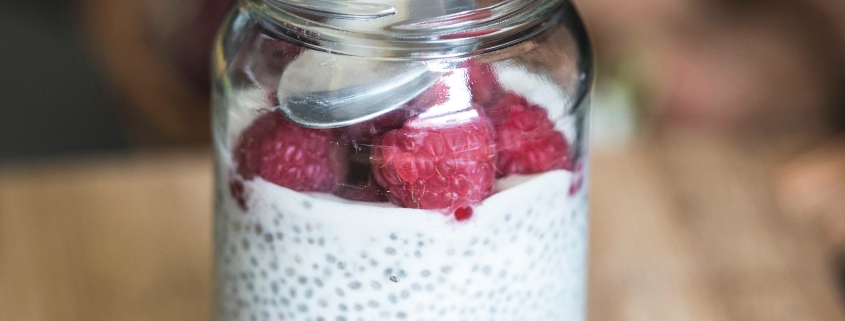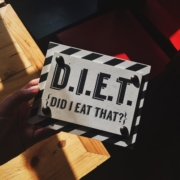Do you know how to do a plant based diet the best way? It’s week two of Veganuary and if you’re cutting down or giving up on meat, the following blog post is designed to start you off on the right foot for your plant based diet. So here’s some tips on how to do it that don’t involve a Greggs vegan steak bake.
Plant based diets
Vegan brownies, ice creams, cakes and fast food are everywhere now and while this does help with sticking to your plan while out and about, it’s not exactly the healthiest way to go about it.
So, how can you have a plant based diet the healthy way?
1. Be aware of potential nutrient deficiencies.
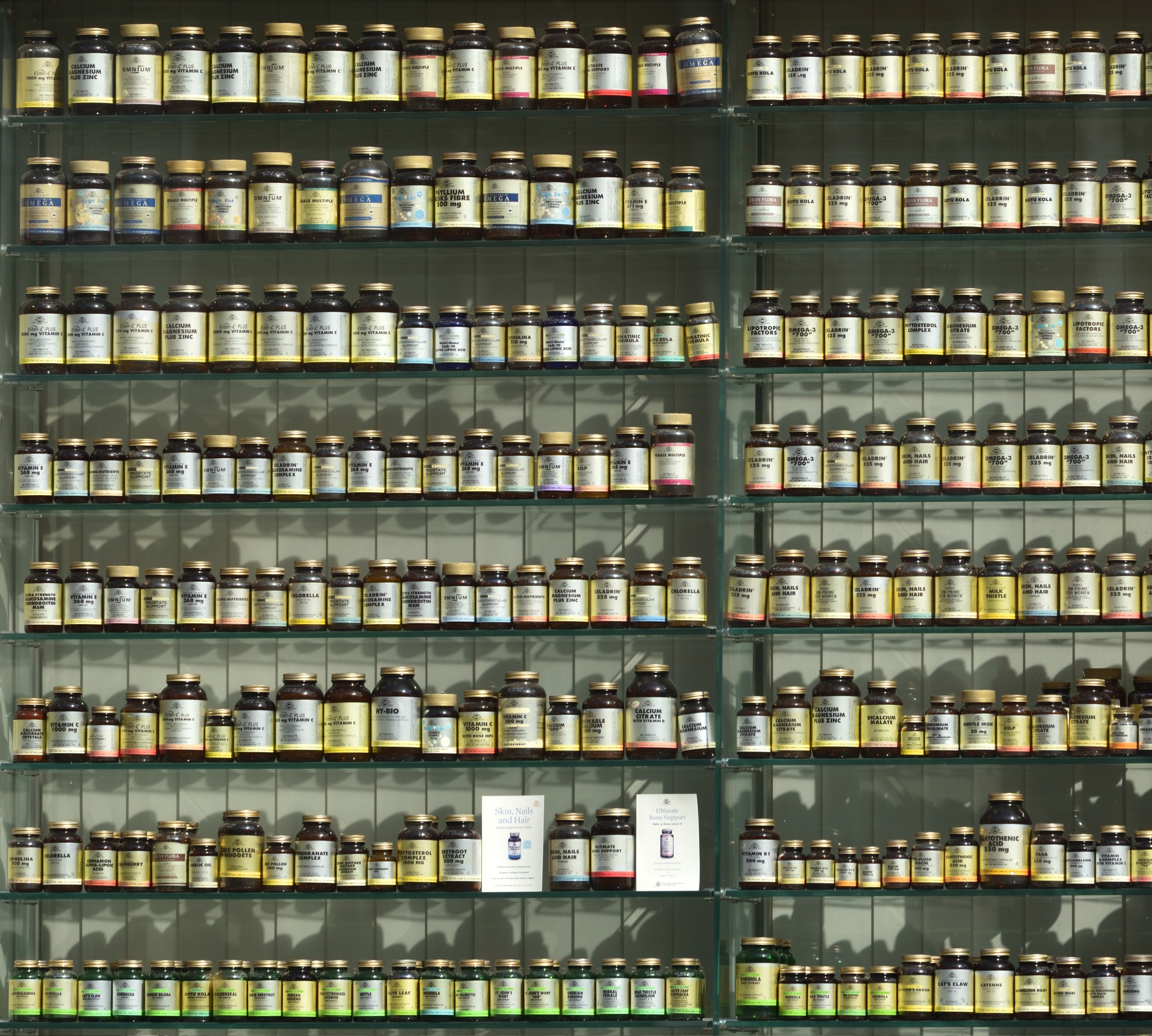
There is no way of getting round it, cutting out meat can leave you with some deficiencies. These are simple to address with supplementation and smart food choices.
Vitamin B12 – This is only found in reliable amounts in animal based foods but you can buy supplements to bump it up in your diet. You can get a blood test to check your levels and see if supplementation is necessary for you.
Calcium – Important for healthy bones and teeth. Plant based milks are fortified with calcium and you can also find it in green leafy vegetables however it’s important to note that some foods, e.g beans, can inhibit the absorption of calcium. So if you eat these in large amounts, a supplement may be wise.
Iodine – Plant based diets can be heavy in soy which can cause compromised thyroid function, especially when iodine in the body is low. It is worth using an iodised salt and/or considering supplementation.
Omega-3 fats – This is lower in plant based eaters so its important to include foods like flax, hemp, walnuts and consider an algae based supplement also.
Vitamin D – Plant based milks are fortified with this and mushrooms contain it but it’s hard to get from the diet and if you live in the UK like me, the winters are long and the sun is fleeting so supplementing is essential.
Iron – Particularly important for menstruating women. It’s important to also have adequate vitamin C to help with absorption of iron. Men should be careful of supplementing with iron unless they are certain they are deficient.
Selenium – This plays an important role in metabolism and can be low. In place of supplements you can include a Brazil nut every day :)
2. Prioritise protein at every meal
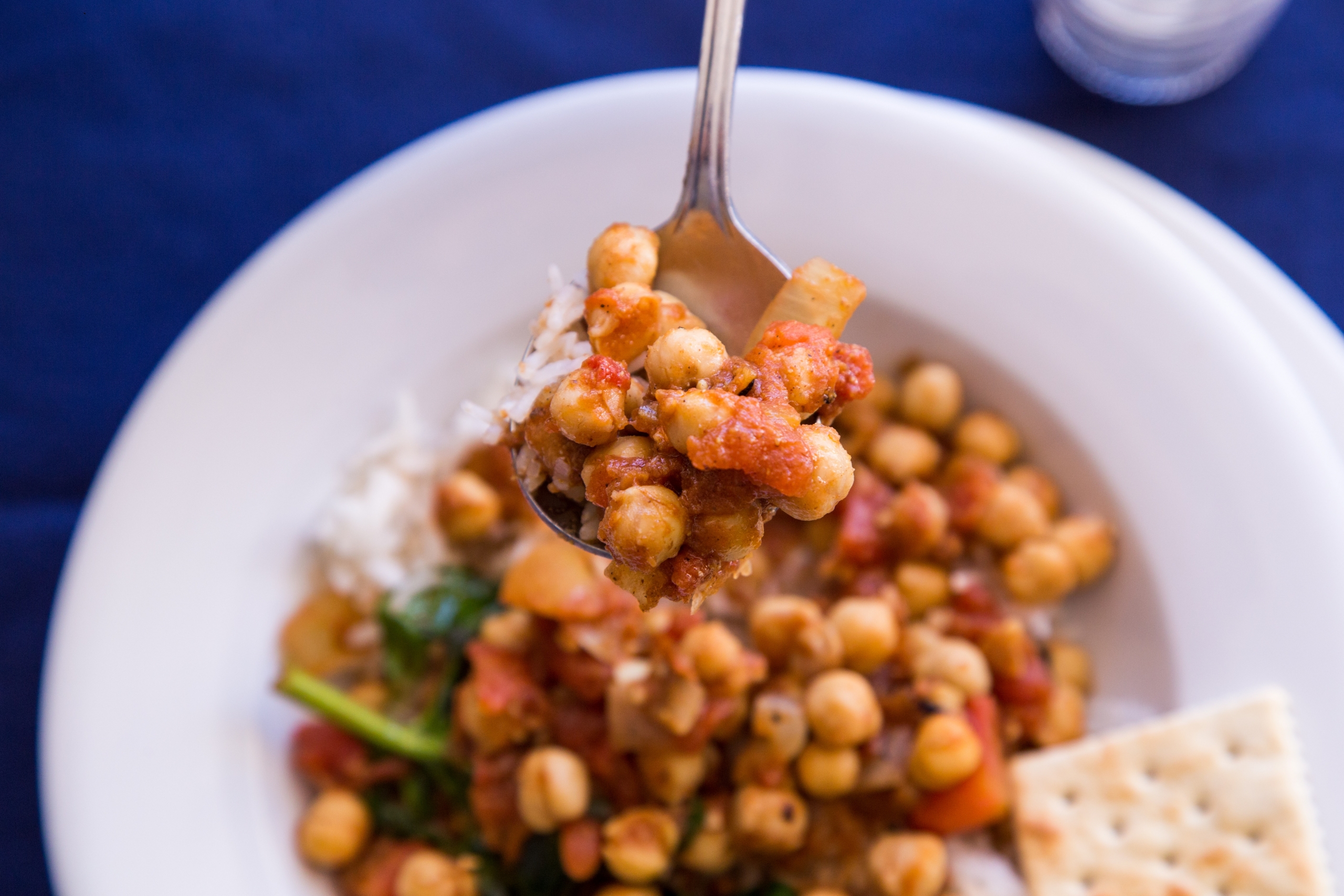
Protein is essential for muscle gain and repair, weight loss and general maintenance of the body. Especially if you workout regularly. It is possible to get protein from plant foods, you just need to be smart.
The best sources of protein come from beans, legumes, grains and protein powders. Nuts also contain protein but if weight loss is your goal it’s important to take into account overall calorie intake as well as the protein content.
Soy and Tofu are a good source but it’s important not to overdo these due to the thyroid concerns. Seaweed is a source of some protein that also provides iodine.
3. Eat veggies at every meal
Plant based diets are at least 50% veggie based and thankfully there are lots of choose from. Remember too that frozen and tinned vegetables count towards this intake as well as fresh.
Vegetable carb substitutes such as cauliflower rice and courgetti and sweet potato noodles are easy ways to get more veggies. You can buy these pre-made to save time.
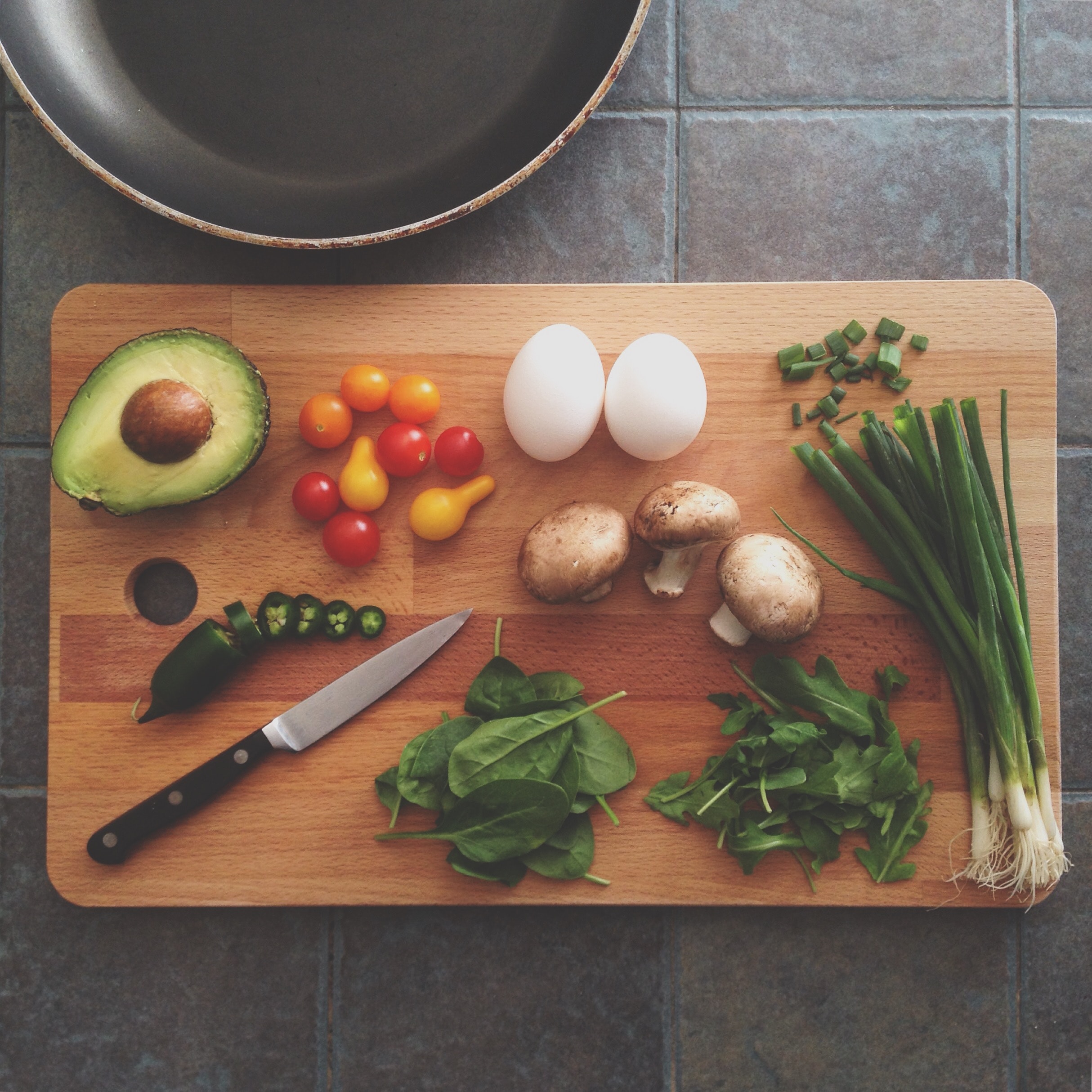
4. Have different sources of carbs
Plant based diets can be heavy in carbs and if a lot of your sources are coming from grains you might feel sluggish and bloated a lot of the time.
Firstly, make sure that gluten isn’t a problem for you if you are experiencing tiredness and bloating after eating these. Secondly, add other sources of carbs such as beans, lentils and rice and starchy vegetables like potatoes and squash. These provide other nutrients as well as variety.
5. Don’t forget the fats
This way of eating is naturally lower in fat due to the lack of meat and dairy products however we do still need fat in our diets for the production of hormones and generally staying healthy.
Good plant based oils include:
Coconut
Olive oil
Avocado oil
Seed and nut oils (not to be used as high temperatures)
Foods include:
Chai seeds
Flax seeds
Hemp
Brazil nuts (rich in selenium which is important!)
Almonds
Seed and nut butters
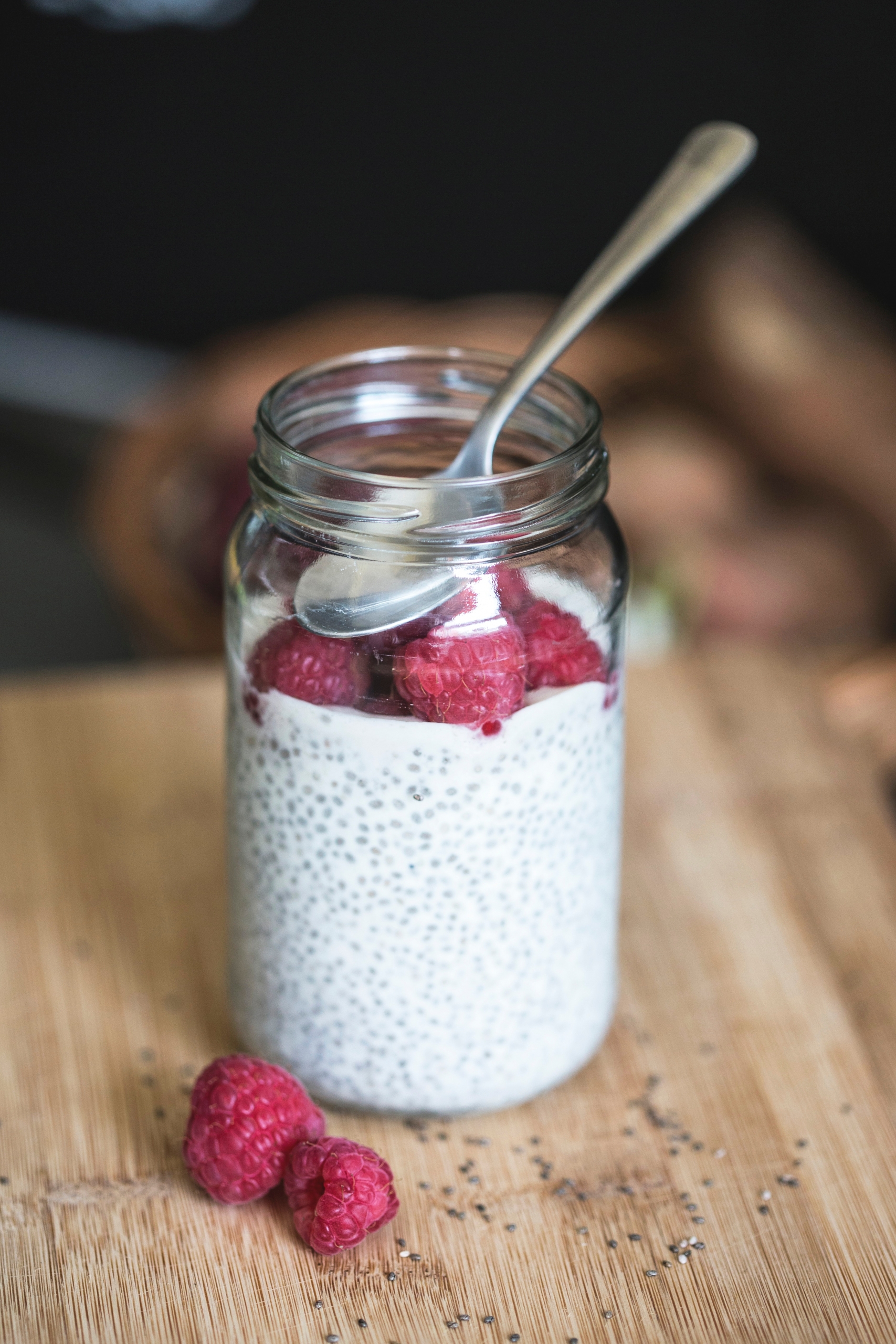
6. Plant based milks
Cutting back on dairy is a consideration for a lot of people even those not giving up meat. These are a good source of Vitamin D and Calcium however there is an environmental impact, particularly in the case of almond milk. Production of almond milk for example which is contributing to drought in California where most of the worlds almonds are grown.
It’s therefore good practice to use a variety of dairy free milks. Other excellent plant based sources include:
Oat milk
Coconut milk
Rice milk
Soy milk
Opt for unsweetened versions where possible.
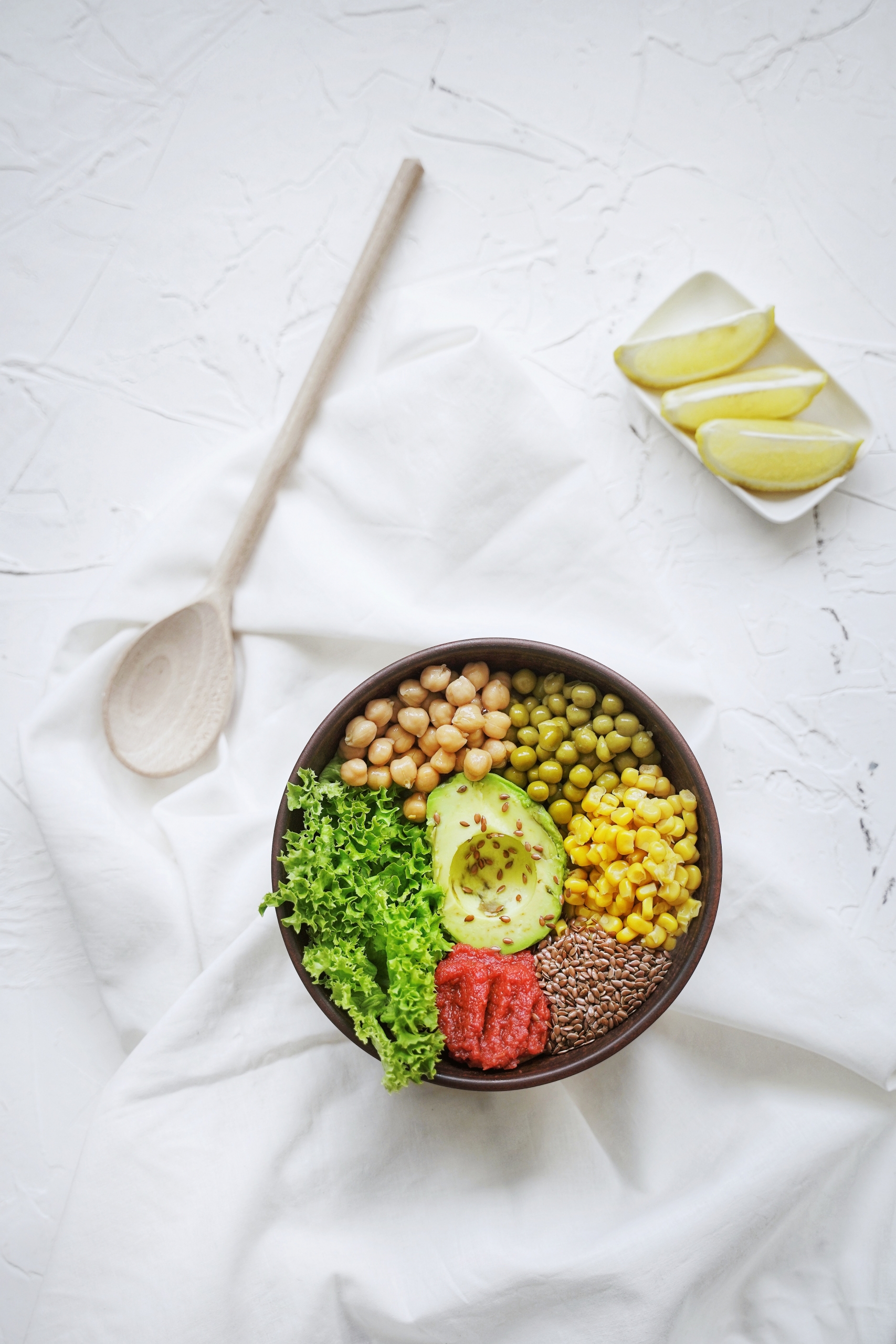
7. 21 Superfoods for a plant based diet
I will leave you with this, 21 foods that you should aim to add to your diet for extra nutritional benefits.
Proteins:
Black beans
Tempeh
Pinto beans
Kidney beans
Rice, Hemp, Pea protein powder
Veggies/Fruits:
Kale
Collards
Lettuce
Broccoli
Berries
Bananas
Oranges
Grapefruits
Whole grains:
Amaranth
Quinoa
Healthy fats:
Flax seeds
Hemp seeds
Walnuts
Almonds
Avocado
Brazil nuts
Eating a plant based diet doesn’t need to be difficult but it does require some planning. Use the tips in this post and you will be on your way to a healthier plan.
Ainzlie
p.s – Looking for some more hands on help with your nutrition? Find out more about my coaching here.

